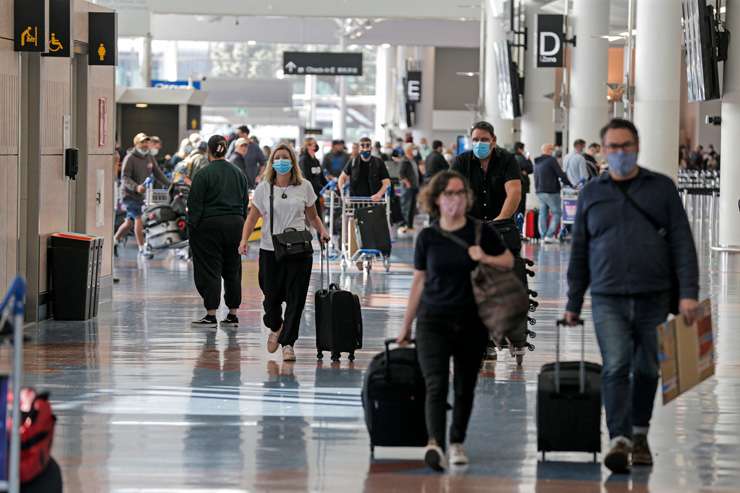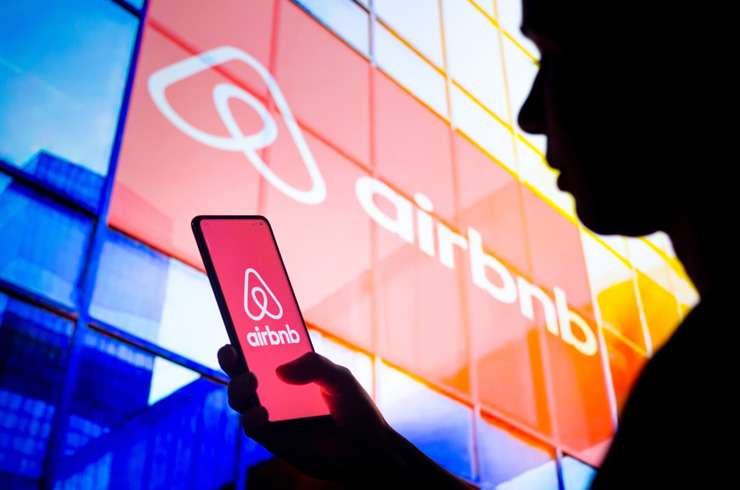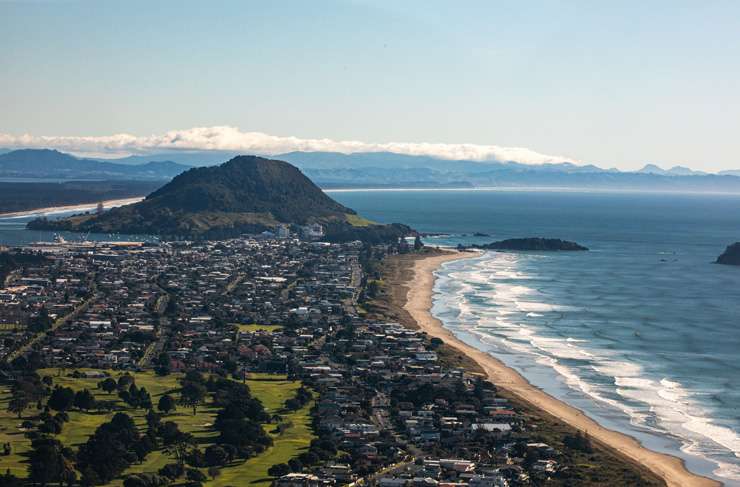Temptation for landlords to turn their rental property into a holiday let is biting as strong demand for accommodation pushes up nightly rates.
But some property managers are warning property owners to weigh up the costs before making the leap into the Airbnb market.
With New Zealand’s international borders now open, an increasing number of visitors is likely to be booking holiday homes and this could push rental prices up in popular hot spots such as Bay of Plenty, Coromandel and Queenstown by 25%, according to holiday home rental firm Bachcare.
When the country’s borders shut in 2020 due to Covid-19, a lot of owners were forced to switch their business model and start renting out their properties long term.
Start your property search
But as overseas tourists start to return, holiday letting firms are finding the demand is outstripping supply.
Bachcare head of revenue Nick Peirce said the company had already sold 31% more nights for this summer compared with the same time last year, with 15% of total bookings from overseas travellers.
He expects the demand from both international and domestic guests to create a shortage of accommodation stock during the peak season and ultimately push prices up.
Holiday homeowners in some regions will be able to earn up to $1500 per night during the peak by renting their property out, he said.
“Pricing in this part of the tourism industry is closely tied to the availability of supply and when there is a shortage, it creates an opportunity for property owners to earn up to $81,000 per annum - with around a fifth of this revenue earned in January alone.”
While it depended on the location of the property, Peirce said there was even potential to earn more from renting out a property short term.

Arrivals at Auckland International Airport earlier this year where our borders have reopened after more than two years of restrictions. Photo / Alex Burton
But Harcourts Taupo Rentals general manager Lee Grigg said renting out a holiday home isn’t as glamourous as people think.
Grigg said while there has been a lot of publicity around Airbnbs being profitable, people often forget about the extra costs such as linen, cleaning, internet and power.
It is a good solution if people want to make extra money from their holiday home while using it, he said.
However, if the goal is to create an extra income stream then they are best to leave it as a long-term rental because they will make more from it over a 12-month period.
Property Brokers Property Management general manager David Faulkner agrees there are pros and cons to both models.
Despite his firm managing rental properties in holiday spots such as Taupo, Hawke’s Bay, South Wairarapa and Gisborne, he has yet to see any landlords revert back to short-term letting now the borders have re-opened.
But Faulkner said he wouldn’t be surprised if it starts to happen early next year which is when he predicts more tourists will arrive, especially with the English cricket team touring in February.
“There’s less compliance you have to worry about and I imagine if you do it right, the returns can be better, but you’ve also got to anticipate there’s a lot more work involved, a lot more management and you’re probably going to have a lot more vacancy as well.”
It also depends on the property itself as some weren’t suitable for holiday lets, he added.
Harcourts Pauanui owner Alyce Rowe says she is being contacted by buyers who can’t find a suitable property to buy in Pauanui so are now desperately trying to come up with a Plan B for their summer holidays.

Property managers are warning landlords to be mindful of the extra costs involved in short-term letting through Airbnb. Photo / Getty Images
“They can’t see anything available so now they are approaching us saying ‘would your vendors, if they can’t sell, would they let out’.”
But Rowe said there was a huge shortage of houses on the market in Pauanui and their current listings were all from permanent residents so it wasn’t an option.
People buying houses in Pauanui didn’t tend to buy them with the sole purpose of providing an income stream and instead might buy it as a holiday home that they rent out on the side to help cover costs, she said.
However, this is not the case in Mount Maunganui or Papamoa where holiday home owners are in some cases making more money from letting their properties out short term.
Time In a Place Property Management director Kristin Clarke, whose company manages holiday rentals in Mount Maunganui and Papamoa, has noticed that more property owners want them to manage their properties this year than previous years.
She has just listed several new properties including one that has been purchased solely as a short-term rental investment and the other as a family bach that is now surplus to their requirements.
“All the properties I manage are investment properties or holiday homes where the owners quite often live out of town or overseas and come and use it themselves from time to time, but otherwise when they are not using it, we manage it as a holiday let.”

Mount Maunganui in Tauranga. Bach owners in the beach suburb can turn a tidy profit by renting out their homes to visitors. Photo / Mead Norton
Property owners often find they are more financially viable as a holiday let than a long-term rental, she said.
“The Mount is such a popular destination and the returns work out better and plus they are getting regularly cleaned and maintained and they don’t have the concern of long-term tenants.
“They get the best of both worlds so they can still use it themselves when they want to use it for a holiday, but during the other times they are making money from it.”
A house on Marine Parade that sleeps up to eight people rents out from $780 a night and is just as popular as a small apartment or studios that sleeps two people but has a nightly rate of less than $200.
Clarke recently revised some of the pricing to make sure they were in line with the current market rate and in some cases, they had gone up by up to 25%.
“I think you can demand more now and whether it’s to do with the borders being open or the cost of living as everything seems to have gone up in price – I'm not sure what’s caused that change in the pricing for holiday homes, but I have noticed an increase.”






































































